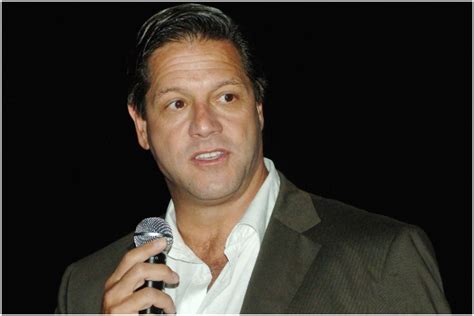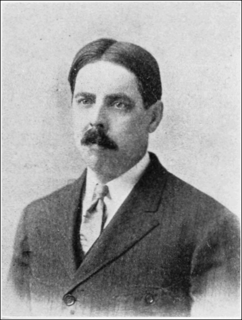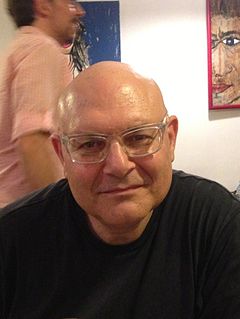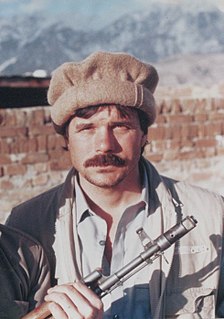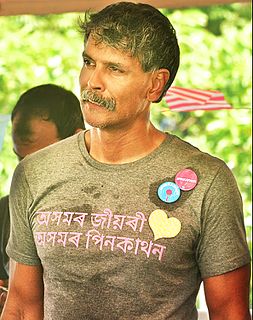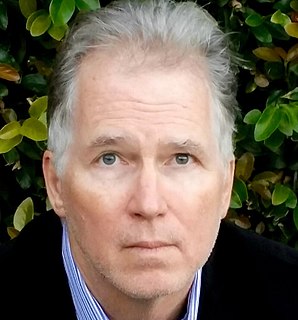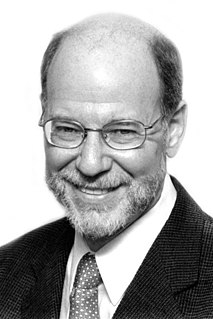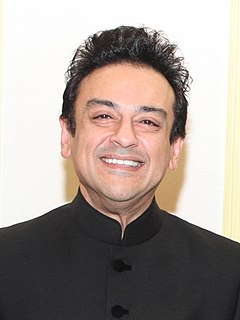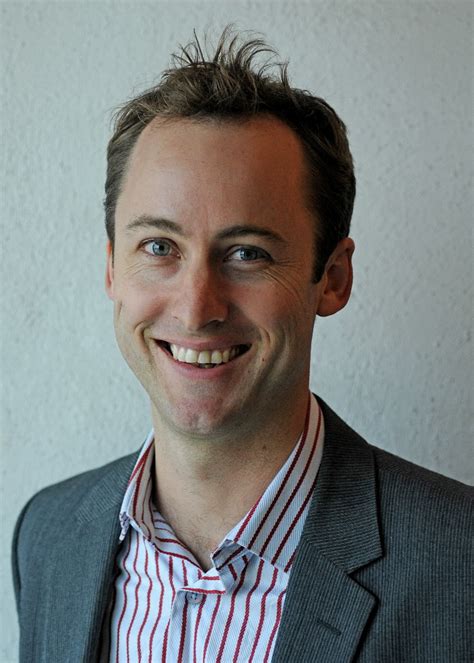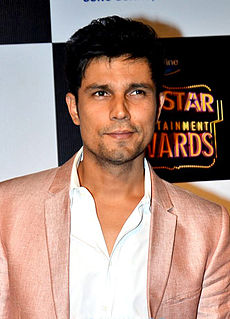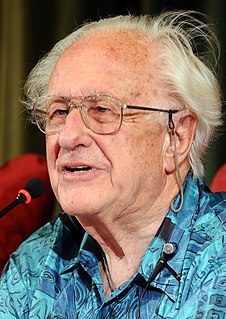Top 1200 Studies Quotes & Sayings
Explore popular Studies quotes.
Last updated on April 14, 2025.
When we consider the close connection between science and industrial development on the one hand, and between literary and aesthetic cultivation and an aristocratic social organization on the other, we get light on the opposition between technical scientific studies and refining literary studies. We have before us the need of overcoming this separation in education if society is to be truly democratic.
General editors' preface The growth of translation studies as a separate discipline is a success story of the 1980s. The subject has developed in many parts of the world and is clearly destined to continue developing well into the twenty-first century. Translation studies brings together work in a wide variety of fields, including linguistics, literary study, history, anthropology, psychology, and economics. This series of books will reflect the breadth of work in translation studies and will enable readers to share in the exciting new developments that are taking place at the present time.
I have come across a dozen studies that shows that you get more phytonutrients and more minerals and vitamins from organic, but there are also studies that show that plants raised conventionally have more phytonutrients. And they trace it to the amount of nitrogen in the fertilizer used on conventional farms. The gold standard is choosing the most nutritious varieties and raising them organically, and that's what I recommend.
I don't think I can put my finger exactly on when remission occurred, because from that moment on, I left Western medicine and never looked back. I practiced every day for ten to twelve hours a day - spiritual studies, meditation, pranayama, yoga postures, Ayurvedic studies, deep, deep, powerful cleansings and fasting.
Children should not be coddled in their intellectual training any more than in their physical; and though the studies should be made interesting the interest should arise out of the studies themselves. We have bred a generation that cannot digest anything intellectual but tablets of peptonized food. One sees that in the popular papers with their brevity, still increasing in brevity as far as brevity can increase, and in the capacity for thought of our rulers.
One of the anomalies of modern ecology is the creation of two groups, each of which seems barely aware of the existence of the other. The one studies the human community, almost as if it were a separate entity, and calls its findings sociology, economics and history. The other studies the plant and animal community and comfortably relegates the hodge-podge of politics to the liberal arts. The inevitable fusion of these two lines of thought will, perhaps, constitute the outstanding advance of this century.
Just as the commander of an army pitches his camp, studies the strength and defenses of a fortress, and then attacks it on its weakest side, in like manner, the enemy of our human nature studies from all sides our theological, cardinal, and moral virtues. Wherever he finds us weakest and most in need regarding our eternal salvation, he attacks and tries to take us by storm.
If you look across a host of measures at adoption studies, fraternal v. identical twin studies, twins-raised-apart studies, the history of early childhood intervention research, naturally-occurring experiments, differences between societies, changes over history, and so forth, you tend to come up with nature and nurture as being about equally important: maybe fifty-fifty. The glass is roughly half-full and half-empty.
Pastoureau combines a charming, conversational tone with a haughtiness I found entirely endearing. A director of studies at the Ecole Pratique des Hautes Etudes at the Sorbonne in Paris, he writes from a position of professorial confidence. He has conducted extensive research into the history of colour for a quarter century and his aim is to correct misapprehensions and banish ignorance. His style is not to inquire, explore or interrogate, in the fashion of academic studies today. It is to impart knowledge.
I knew that I wanted to be an actor; how to go about it was the question. I went to Australia for my studies; from there I told my dad that I also want to do a course in performing arts, but my father refused. So I completed my studies and came back. But I kept poking him, saying that acting is something that I want to do.
I use African-American, because I teach African Studies as well as African-American Studies, so it's easy, neat and convenient. But sometimes, when you're in a barber shop, somebody'll say, "Did you see what that Negro did?" A lot of people slip in and out of different terms effortlessly, and I don't think the thought police should be on patrol.
If you expect the present day school system to give history to you, you are dreaming. This, we have to do ourselves. The Chinese didn't go out in the world and beg people to teach Chinese studies or let them teach Chinese studies. The Japanese didn't do that either. People don't beg other people to restore their history; they do it themselves.
I find that people today tend to use them interchangeably. I use African-American, because I teach African Studies as well as African-American Studies, so it's easy, neat and convenient. But sometimes, when you're in a barber shop, somebody'll say, "Did you see what that Negro did?" A lot of people slip in and out of different terms effortlessly, and I don't think the thought police should be on patrol.
The famous Zen parable about the master for whom, before his studies, mountains were only mountains, but during his studies mountains were no longer mountains, and afterward mountains were again mountains could be interpreted as an alleory about [the perpetual paradox that when one is closest to a destination one is also the farthest).
A review of seventy-four clinical trials of antidepressants, for example, found that thirty-seven of thirty-eight positive studies [that praised the drugs] were published. But of the thirty-six negative studies, thirty-three were either not published or published in a form that conveyed a positive outcome.
I'm even stunned at some of the majors you can get in college these days. Like you can major in the mating habits of the Australian rabbit bat, major in leisure studies... Okay, get a journalism major. Okay, education major, journalism major. Right. Philosophy major, right. Archeology major. I don't know, whatever it is. Major in ballroom dance, of course. It doesn't replace work. How about a major in film studies? How about a major in black studies? How about a major in women studies? How about a major in home ec? Oops, sorry! No such thing.
Mathematicians have sought knowledge in figures, Philosophers in systems, Logicians in subtleties, and Metaphysicians in sounds. It is not in any nor in all of these. He that studies only men, will get the body of knowledge without the soul, and he that studies only books, the soul without the body.

